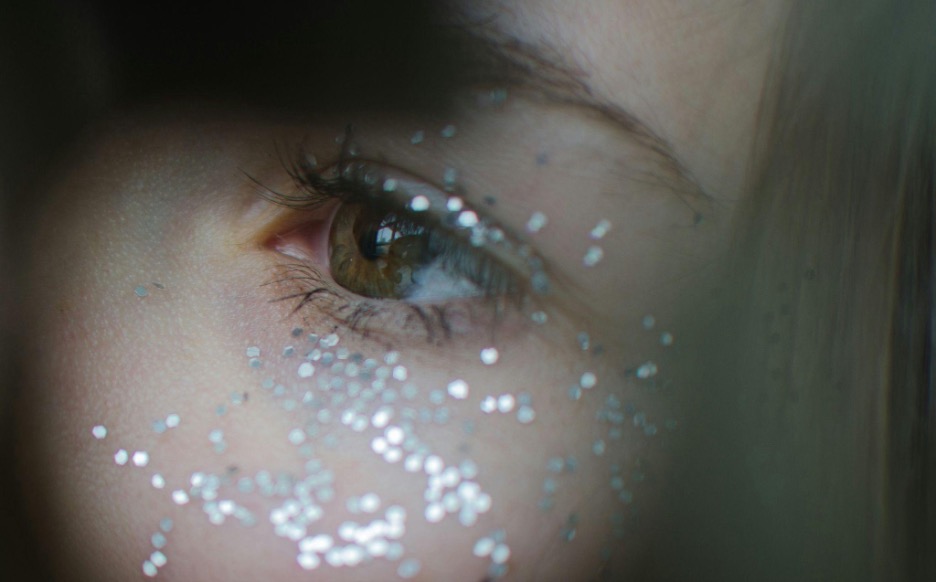Photo by Alia Wilhelm on Unsplash
In the midst of winter’s chill, maintaining radiant skin can be challenging. However, with the right care and knowledge, achieving a healthy, glowing complexion is possible even during the coldest months. Recent trends and market insights in the skincare industry highlight the evolving landscape of skin health and the emerging techniques to keep your skin at its best despite the harsh winter conditions – let’s take a closer look:
A 2024 report from Research and Markets reveals that the global skincare products market is experiencing significant growth, projecting an expansion from $148.97 billion in 2023 to $160.94 billion in 2024 at a compound annual growth rate (CAGR) of 8.0%; this growth can be attributed to various factors, including innovative product launches, the rise of AI technology in skincare (and just about everything else imaginable), and increasing consumer interest in skin health and anti-aging products.
To achieve that glorious winter radiance, it’s essential to understand the unique challenges that the cold season presents to our delicate skin. The winter environment, characterized by low humidity and harsh winds, can strip the skin of its natural oils, leading to dryness, irritation, and generally an all round lackluster appearance; combatting these effects requires a diligent skincare routine that focuses on hydration, protection, and nourishment.
Perhaps surprisingly, hydration is the cornerstone of winter skincare; the drop in humidity levels – both outdoors and indoors due to heating systems – can significantly dehydrate the skin. To counteract this, it’s crucial to use hydrating cleansers and moisturizers; products containing hyaluronic acid, glycerin, and ceramides are particularly effective in locking in moisture and strengthening up the skin barrier.
Protection against the elements is another vital aspect of winter skincare – don’t let the cold fool you, UV rays can still penetrate through clouds and windows, making sunscreen an all-year-round necessity. Choose a broad-spectrum sunscreen with at least SPF 30 to protect your skin from harmful UV rays.
Nourishment through the right ingredients can help to revitalize winter-weary skin. Antioxidants like vitamin C and E fight free radicals and brighten the skin tone, while omega-rich oils, such as those from flaxseed or chia seeds, provide essential fatty acids that support skin health and combat dryness.
In addition to these skincare essentials, there are other tips to consider for maintaining winter radiance:
Gentle Exfoliation
Regular, gentle exfoliation can remove dead skin cells, allowing for better absorption of moisturizers and serums.
Humidifier Use
Using a humidifier in your home or office can help add moisture back into the air, which in turn helps keep your skin hydrated.
Diet and Hydration
What you eat and drink can significantly impact your skin health. A diet rich in fruits, vegetables, and healthy fats, along with adequate water intake, can improve skin hydration and overall health; if you’re not a fan of plain water, consider infused water as a part of your daily routine to keep it fresh!
Professional Treatments

Photo by Rosa Rafael on Unsplash
For those seeking more intensive skin care, professional treatments such as hydrating facials, light therapy, or red light therapy beds can be beneficial.
Lifestyle Factors
It’s essential to understand that what we eat, how we exercise, and our sleep patterns profoundly affect our skin’s health. During winter, when the skin is more prone to dryness and irritation, these factors become even more critical.
Diet
A balanced diet rich in vitamins and antioxidants is crucial for maintaining healthy skin. Foods high in Omega-3 fatty acids, like salmon and walnuts, can help to nourish the skin from the inside, while vegetables and fruits – particularly those high in vitamins C and E – are also vital for skin health; these nutrients help combat skin damage caused by the cold and can improve the skin’s ability to retain moisture.
Exercise
Regular physical activity increases blood flow, which helps nourish skin cells and keep them vital. Blood flow also helps to carry away waste products, including free radicals, from working cells, essentially cleansing the skin from the inside. However, during winter, it’s important to remember to cleanse the skin after exercise to remove any sweat and bacteria to prevent clogged pores and breakouts.
Sleep
Adequate sleep is essential for skin health. During sleep, the skin’s blood flow increases, and the organ rebuilds its collagen and repairs damage from UV exposure, reducing wrinkles and age spots; a lack of sleep can lead to increased stress hormones, which may worsen skin conditions like acne or psoriasis.
Consistency
Finally, consistency is key; there’s no getting around it – regular application of skincare products and adherence to a routine are essential for achieving and maintaining glowing skin.
Never Abandon Your Skin!
By embracing these practices and staying informed about the latest trends and advancements in skincare, you can achieve a radiant complexion that defies the winter blues; the key is to understand your skin’s needs, and adapt your routine accordingly, ensuring that your skin remains healthy, hydrated, and glowing, no matter how cold it gets outside.

